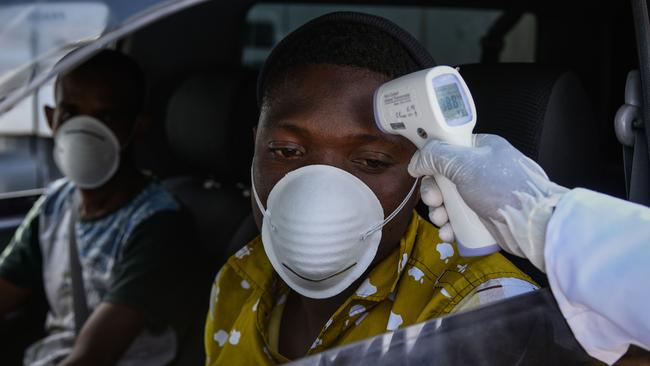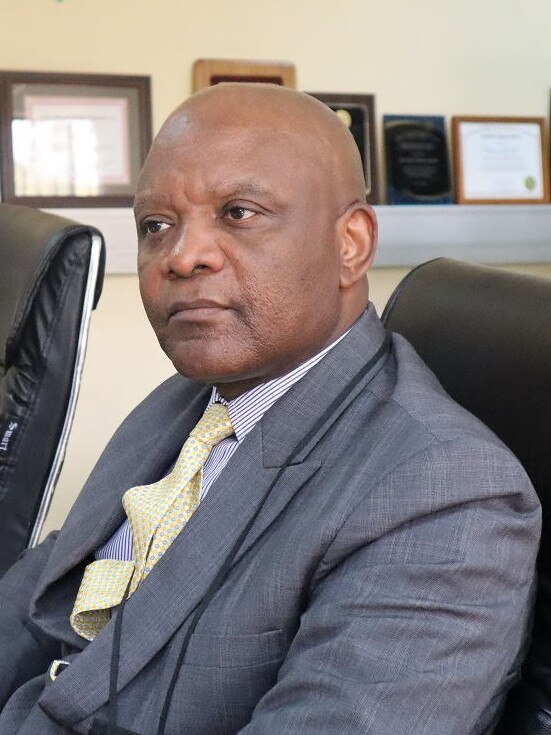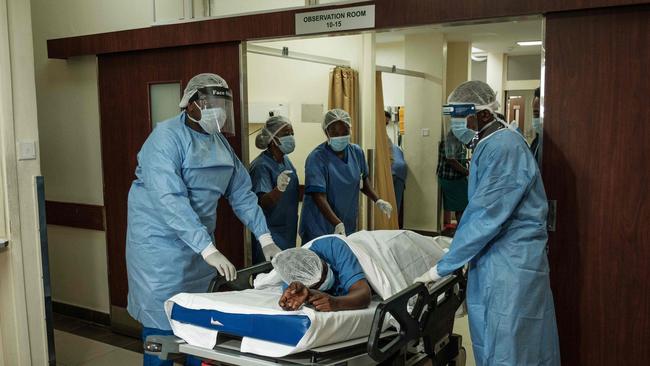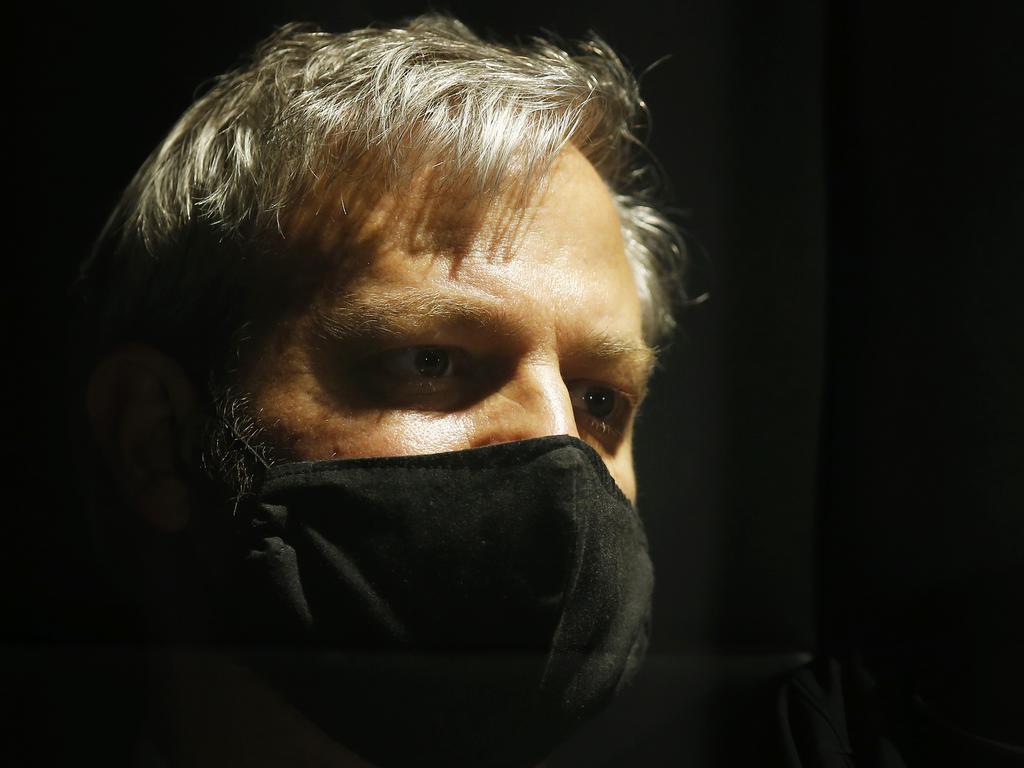Coronavirus: Survival rate for continent defies the doomsayers
The question is being asked: why have relatively so few Africans shown symptoms after contracting the coronavirus.

The arrival of coronavirus in Africa prompted Bill and Melinda Gates to warn, “you are going to see bodies out on the street”, as they predicted 10 million deaths and a continent overwhelmed.
Scientists echoed the US billionaires’ dire forecast, highlighting the continent’s fragile clinics, overcrowded slums and population weakened by malnourishment, malaria and Aids.
Yet, eight months later, Africa’s empty hospitals and low death toll is giving the pessimists pause to wonder why the continent has, to date, weathered the Covid-19 storm far better than Europe and the Americas.
Africa’s 1.2 billion people make up 17 per cent of the world’s population yet the continent accounts for only 3.5 per cent of the reported Covid-19 related deaths. If Kenya had had the same fatality rate as Britain, it would have buried 32,000 people, not the 691 reported.
Sceptics have cited low rates of testing and patchy data-gathering methods to make sense of official body counts.
Yet any suggestions of a cover-up or secret mass burials are dismissed by John Nkengasong, the head of Africa Centres for Disease Control.
In an interview with The Times Dr Nkengasong said: “Africans value their dead, funerals are important to communities. We would know if people had died in large numbers and it wasn’t being reported.”

He confessed to having been among those who feared the worst when news of the virus emerged from China, Africa’s biggest trading partner, and credits the positive picture that has emerged to great strides made by public health institutions.
In part this is due to the experience of handling previous epidemics such as ebola. “The narrative around Africa and its associations with disease are not easy to change,” he said.
An eclectic range of responses to the pandemic were put forward by African leaders, from South Africa, where a lockdown was imposed before its first confirmed Covid-19 fatality, to Tanzania, where President John Magufuli kept the economy open and ordered his citizens to pray the threat away.
Predictions about high transmissions rates were borne out, but are in decline. What has mystified epidemiologists is why infected Africans have seen off the danger in much greater numbers than people in Europe.

World Health Organisation analysis suggests that eight out of 10 Africans infected by coronavirus developed no symptoms, double the rate for the rest of the world.
A combination of factors probably accounts for this phenomenon, with age likely to have cushioned Africa’s young population.
Three per cent of Africans are over the age of 65, compared with 18 per cent in Britain. The average African is 19.7 years old, less than half the age of an average European, who is a little over 43. South Africa, which has the oldest cohort on the continent, also has its biggest caseload.
Elderly Africans are cared for by their families; care homes, which have been ravaged in Britain, are not part of the culture and evidence suggests that heat and humidity can help the human respiratory system to cope with the virus.
A diagnostic test that gives results in minutes has been developed in a UK-Senegalese partnership. Kits are being made in Senegal for global use.
Dr Nkengasong said that a lesson from the emergency was “not to underestimate Africa”.
He said “it has demonstrated the ability to come together and the positive effect that can have”.
The Times




To join the conversation, please log in. Don't have an account? Register
Join the conversation, you are commenting as Logout